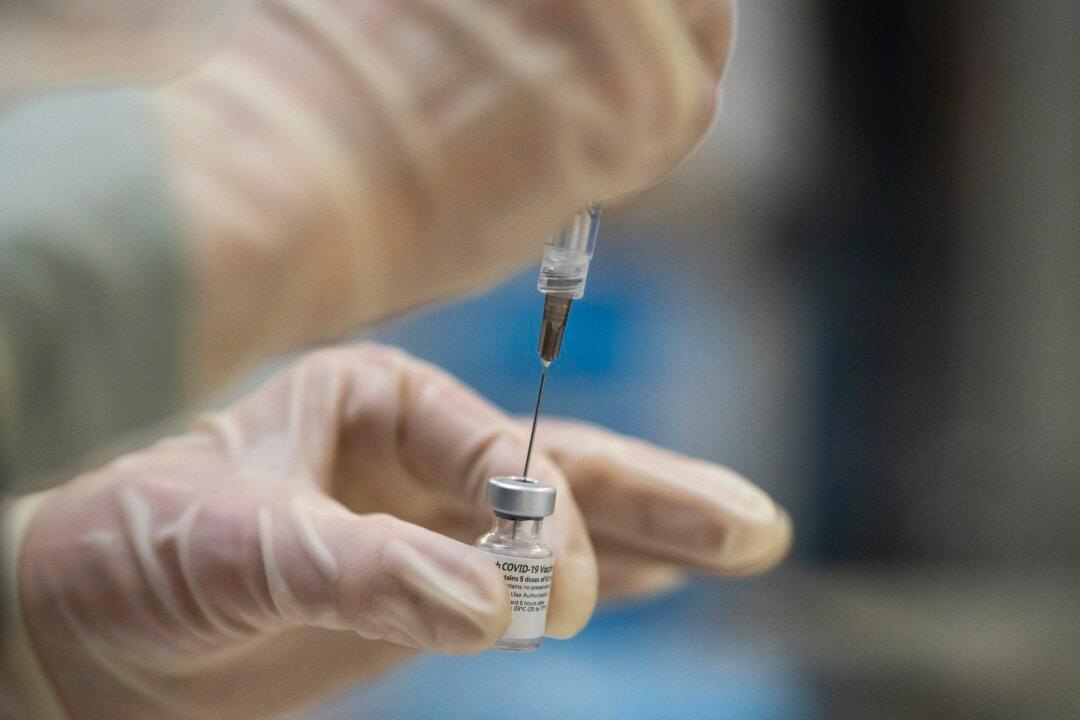U.S. Food and Drug Administration (FDA) researchers are preparing to publish a study on a set of data that identified four potential issues in elderly persons after COVID-19 vaccination.
The FDA announced in July 2021 that near real-time surveillance detected four potential adverse events of interest (AEI) following receipt of Pfizer’s vaccine.





